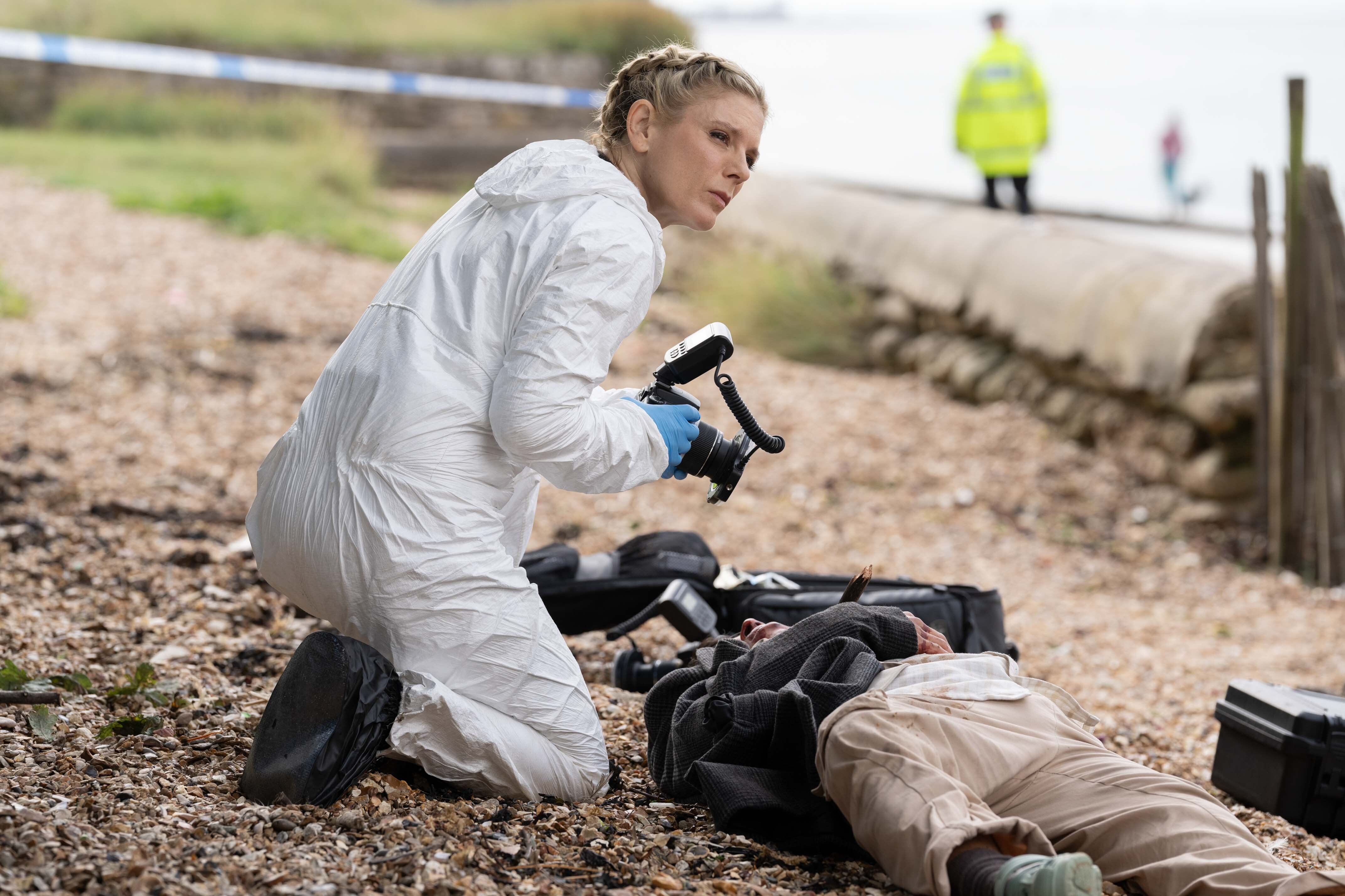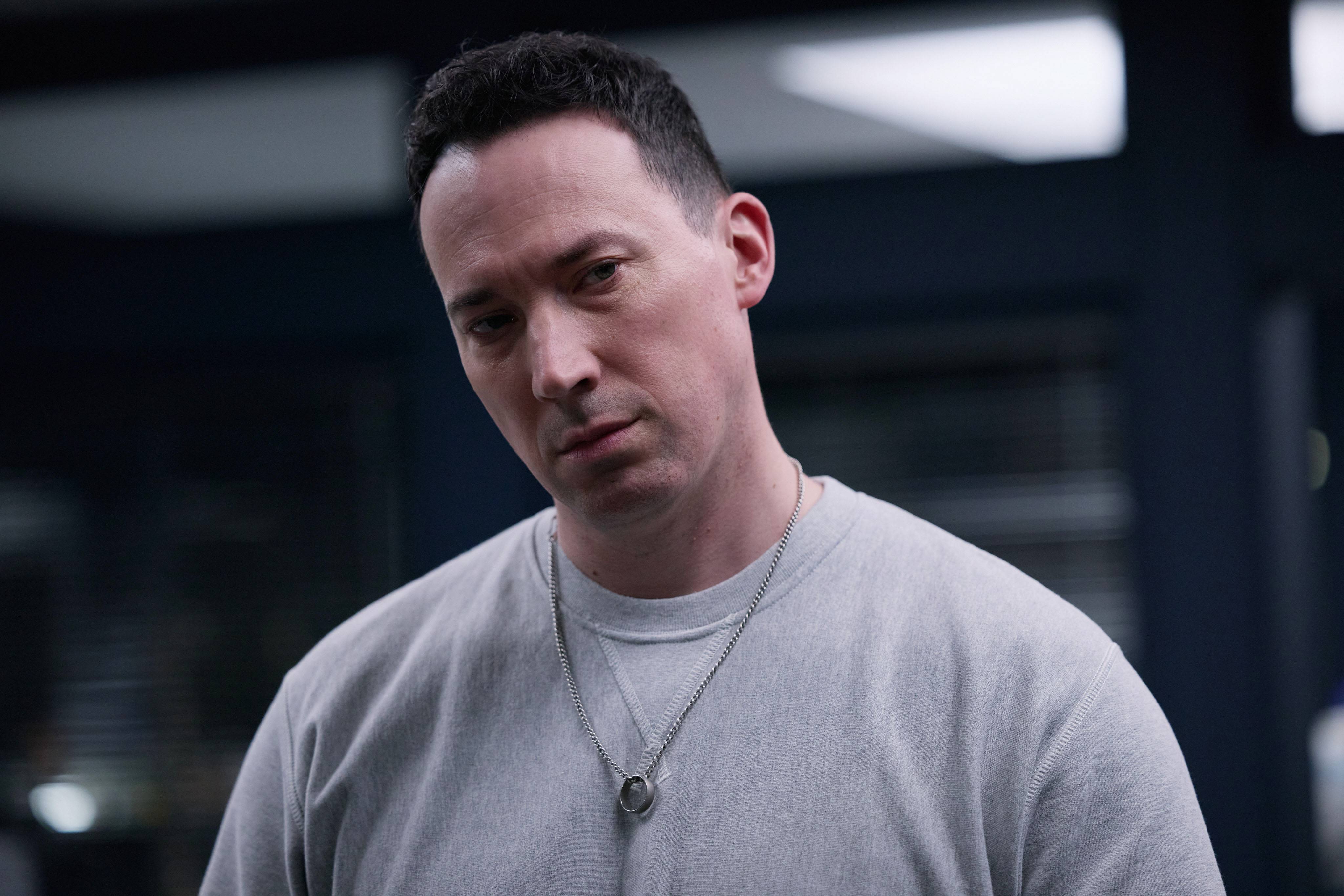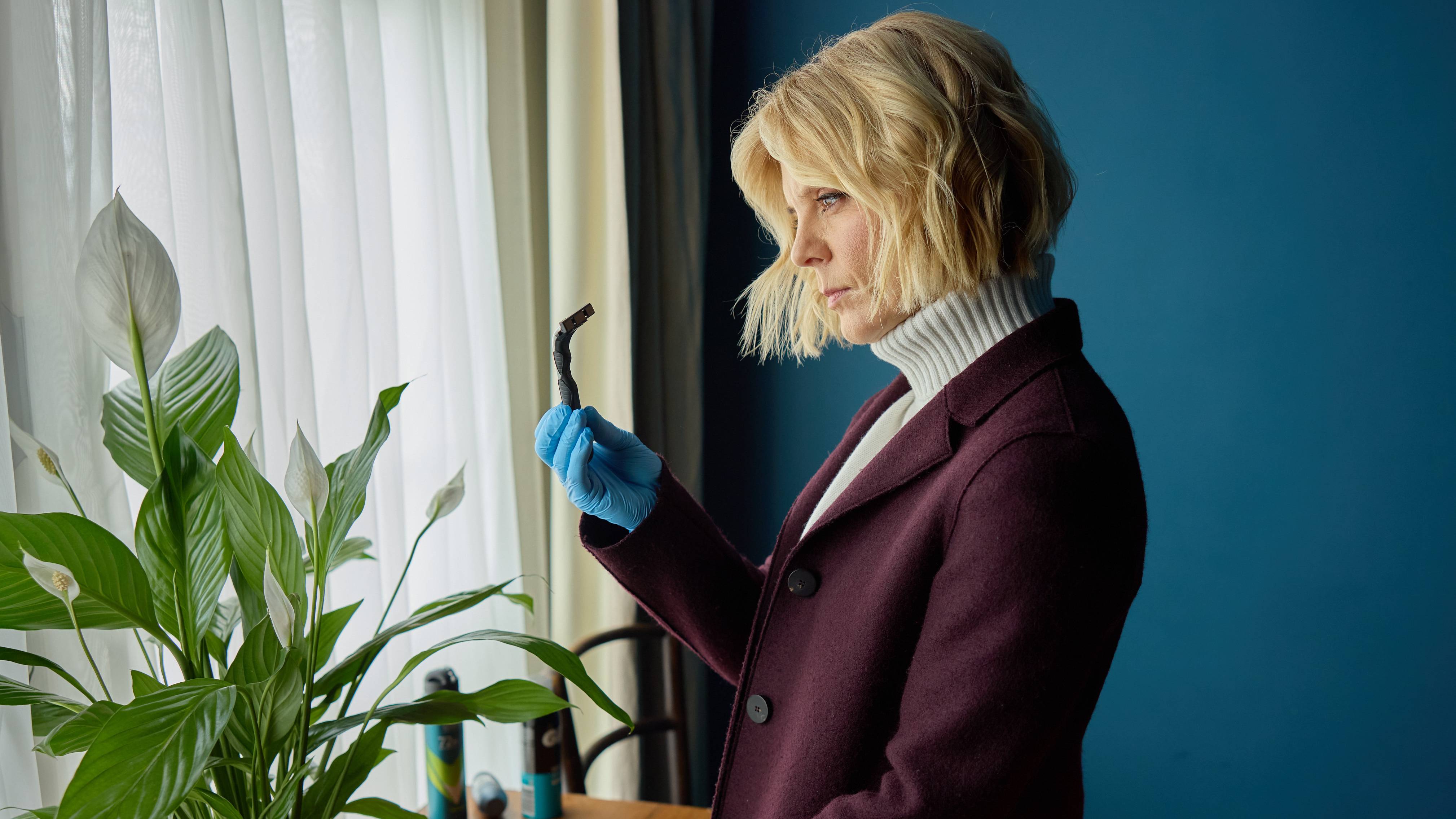
A real forensic scientist has given her verdict on Silent Witness, the long-running BBC One drama starring Emilia Fox as Dr Nikki Alexander. And sadly, it seems there's no one quite like Nikki in reality.
Carol Rogers, the lead scientist for sexual offences at the Scottish Police Authority Forensic Services, told the New Scientist that while she enjoyed the show, not everything was accurate.
For a start, Carol says that, unlike Nikki and Jack Hodgson (David Caves), real experts aren't doing everything from taking fingerprints to theorising about potential causes of death. We're also hoping in reality, they don't get in as many dangerous situations!

Carol said: "I do like Silent Witness, however, they portray a forensic scientist as a bit of a jack of all trades. He handed out blood pattern analysis, he then could diagnose someone's health condition because of their urine, he did fingerprints, he was commenting on things that definitely I wouldn’t comment on about potential cause of death etc.
"The reality isn't like that. So, I'm a forensic biologist, which means I specialise in the biology field of forensics, which is your blood patterns, body fluids, DNA. Probably the part of forensic science that people are probably most aware of because of television.
"However, things like fingerprints would be done by a different expert, fires would be a different expert, drugs analysis would be a different expert, [and] pathology is a completely different field altogether!
"But I think the TV programmes tend to portray us as doing a whole gamut of evidence types. That overall expert doesn't exist; we all have a part to play."

While the makers are currently busy making Silent Witness season 29, which will air next year, Carol went on to explain that unfortunately, there also isn’t currently a high-tech camera you can shine on surfaces that shows up in fluorescent light, all hidden bodily fluids.
"I would love one of them," she says. "That is probably based on a technique called luminol and luminol will fluoresce light; however, it only works with blood, and it has to be done in a darkened room. It involves spraying about a lot of chemicals before you then use the camera to look for the luminescence. So it's quite a messy business, you’d only use it in certain circumstances when blood wasn't actually visible to the naked eye."
She continued that she could perfectly understand why the makers didn't want to show the long process, as it wouldn’t make great TV, but it does mean viewers might not appreciate how long in reality it would take to do crime scene work.
And concluded that while not totally accurate, Silent Witness did give a good overview of the techniques used at a crime scene.
Silent Witness returns next year. Check out our best BBC dramas guide for more shows to enjoy.







